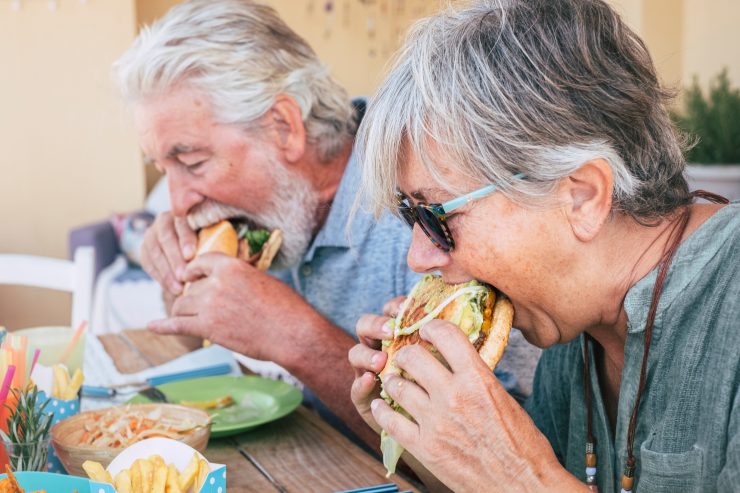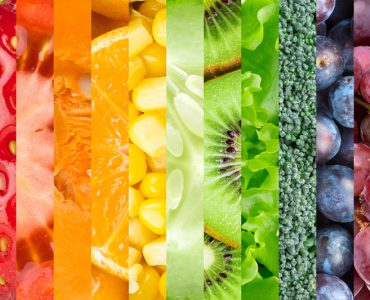As we age our body’s nutritional requirements change. Our individual dietary needs will be different depending on our physical condition as we enter our elder years.
If you are active and fit as you enter the elder years, then your diet requirements will be different than if you were frail and needed more care.
A slowing metabolism
The ability to overindulge and to shrug off the consequences diminishes as our metabolism slows down. Changes in our gut and reduced activity may cause constipation and problems with the bowel. A regular intake of high fibre cereals and lots of fruit and vegetables can help. However, too much bulky high fibre and raw bran can restrict the absorption of nutrients, so moderation is the key.
Other effects of aging
Older people may not feel quite as thirsty as the efficiency of the kidneys reduces with age. It is important to have regular fluid intake in order to ensure you do not become dehydrated.
Watch your sugar
While the general advice for everyone is to reduce sugar, it can be a quick source of much needed calories for older people with little appetite, or those who have lost weight.
Eat your veg
Changes to the gastrointestinal tract occur as we age, which means that older people may also suffer iron deficiency. To combat this, eat red meat and green vegetables every day. A glass of orange juice or other food and drinks rich in vitamin C will help you to absorb the iron.
All about balance
Although our need for energy calories diminishes as we age, we still need a balanced diet with the same vitamins and minerals. So take care to eat the right balance while reducing the calorific intake and stay physically active to ensure sustained good health.













